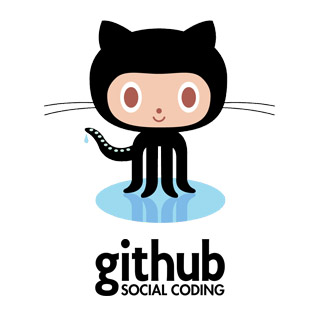 So yesterday, we were greeted with another bombshell from the Snowden archives.
So yesterday, we were greeted with another bombshell from the Snowden archives.
After finding out the day before that GCHQ had spied on lawyers, we now find out that GCHQ and the NSA conspired to steal the encryption keys to pretty much every sim card in the world, meaning that they can easily break the (admittedly weak) encryption used to protect your phonecalls and text messages.
Personally, I’m not terribly concerned about this, because the idea that your mobile phone is insecure is hardly news. What is of concern to me, is how they went about getting those keys.
It seems that in order to get these keys, the intelligence agencies hunted down and placed under invasive surveillance ordinary innocent people, who just happened to be employed by or have dealings with the companies they were interested in.
The full capabilities of the global surveillance architecture they command was deployed against entirely unremarkable and innocent individuals. People like you and me, who’s entire private lives were sifted through, just in case they exposed some information that could be used against the companies which they worked.
Nothing to hide, nothing to fear
If there is a silver lining in all this, with any luck it will go some way towards shattering the idea that because you have nothing to hide, you have nothing to fear.
This is, primarily, a coping strategy. It’s a lie people tell themselves so they can avoid confronting an awkward or terrifying fact, a bit like saying climate change isn’t real, or that smoking won’t kill me.
Generally, it is taken to mean that you’ve done nothing wrong, i.e. illegal (and of course, that’s not what privacy is about, and what you consider being “wrong” has typically not been the same as what those in power consider “wrong”).
Fundamentally, it misses the point that you don’t get to decide what others are going to find interesting, or suspect you of knowing. In this instance, innocent people had their privacy invaded purely because they had suspected access to information that the intelligence agencies found interesting. This is something that, were I to do something similar, I’d go to jail for a very long time.
Now consider that one of the NSA’s core missions is to advance US economic interests, spying on Brazilian oil companies and European trade negotiations, etc. If I worked at a competitor of a US company, I’d be very careful what I said in any insecure form of communication.
You do have something to hide.

